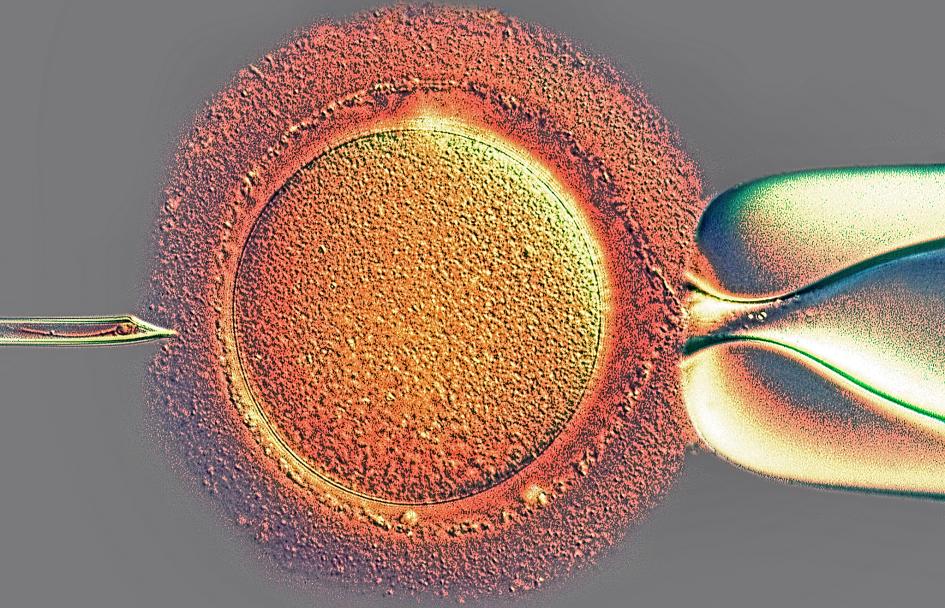The fireball is the second most powerful in 30 years and the biggest since Chelyabinsk in 2013.


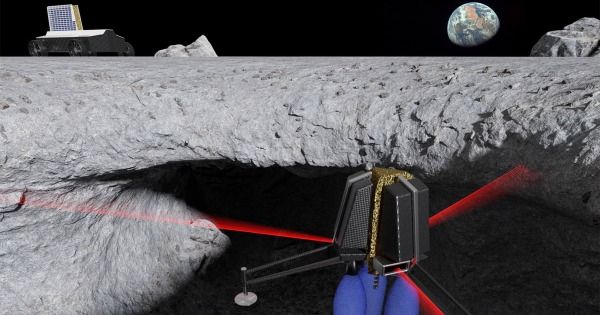
https://paper.li/e-1437691924#/
Geoffrey Rockwell and Bettina Berendt’s (2017) article calls for ethical consideration around big data and digital archive, asking us to re-consider whether. In outlining how digital archives and algorithms structure potential relationships with whose testimony has been digitized, Rockwell and Berendt highlight how data practices change the relationship between research and researched. They make a provocative and important argument: datafication and open access should, in certain cases, be resisted. They champion the careful curation of data rather than large-scale collection of, pointing to the ways in which these data are used to construct knowledge about and fundamentally limit the agency of the research subject by controlling the narratives told about them. Rockwell and Berendt, drawing on Aboriginal Knowledge (AK) frameworks, amongst others, argue that some knowledge is just not meant to be openly shared: information is not an inherent good, and access to information must be earned instead. This approach was prompted, in part, by their own work scraping #gamergate Twitter feeds and the ways in which these data could be used to speak for others, in, without their consent.
From our vantage point, Rockwell and Berendt’s renewed call for an ethics of datafication is a timely one, as we are mired in media reports related to social media surveillance, electoral tampering, and on one side. Thanks, Facebook. On the other side, academics fight for the right to collect and access big data in order to reveal how gender and racial discrimination are embedded in the algorithms that structure everything from online real estate listings, to loan interest rates, to job postings (American Civil Liberties Union 2018). As surveillance studies scholars, we deeply appreciate how Rockwell and Berendt take a novel approach: they turn to a discussion of Freedom of Information (FOI), Freedom of Expression (FOE), Free and Open Source software, and Access to Information. In doing so, they unpack the assumptions commonly held by librarians, digital humanists and academics in general, to show that accumulation and datafication is not an inherent good.
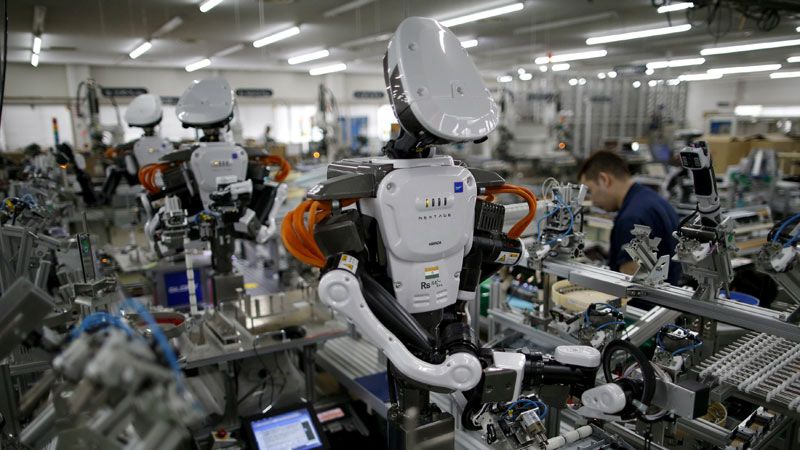
In this week’s Mr Futurist Podcast, I will discuss, Is a Universal Basic Income (UBI) a good idea for the US?
Why the Southern United States is headed for a deep economic crash? What US industries will be the most impacted by business automation? Why will automation affect white collar jobs first? Is the US Becoming a Third World Country? How would a Universal Basic Income (UBI) impact large US companies? Illiteracy in the US. Could we have a Great Technological World-Wide Depression? All this and more in this podcast!
Mr Futurist Podcast – Should We Have a Universal Basic Income (UBI) in the US? Get my weekly podcast/article on business automation, AI and advancing technology and how it can and will affect your company, your job and career. The Right Knowledge is a Powerful thing! This weeks podcast transcript: This week’s article will be on the dark side. I promise by the end, I will flip this around and offer solutions, and make what appears to be something gloom and doom, have a possible happy ending. Having studied artificial intelligence and business automation for the last couple of years. I believe the unemployment numbersRead More →
“Space has been expanding since the Big Bang 13.7 billion years ago,” said Harold “Sunny” White, head of NASA’s Eagleworks Laboratories: Advanced Propulsion. “And we know that when you look at some of the cosmology models, there were early periods of the universe where there was explosive inflation, where two points would’ve went receding away from each other at very rapid speeds. Nature can do it. So the question is, can we do it?”
There have been hints the past few years that NASA may be on the path to discovering warp bubbles that could make the local universe accessible for human exploration. NASA scientists may be close announcing they may have broken the speed of light. According to state-of-the art theory, a warp drive could cut the travel time between stars from tens of thousands of years to weeks or months. They say they have found a way to configure the hypothetical negative energy matter so that the warping could be accomplished with a mass equivalent to the Voyager spacecraft.
“What this does is it moves the idea from the category of completely impossible to maybe plausible,” said White in a talk at NASA’s Ames Research Center in 2014. “It doesn’t say anything about feasible. And so, unfortunately, that point usually gets missed a lot.”

What happens in our brain when we listen to the rhythmic pace of a song or when, at the traffic light, the light is red and we are trembling awaiting the green? How do we perceive such an abstract feature of the world? For the first time in humans, an imaging study shows that in a specific area of the brain, the so-called “supplementary motor area (SMA)”, a time map exists. The study, conducted by the team led by SISSA Professor Domenica Bueti and published in PLOS Biology, shows that distinct portions of the SMA, a region of the cerebral cortex important for both motor preparation and time perception—respond preferentially to different durations. The portions of the SMA responding to similar durations are in close spatial proximity on the cortical surface according to an anterior-to-posterior spatial gradient. The most anterior portions of SMA are greatly active for the shortest duration (200 ms), while the most posterior bits are active for the longest duration (3 sec), the intermediate durations led to the activation of the cortex between those extremes. These novel findings, which are the result of a collaborative effort between SISSA and research institutions in Japan, Switzerland and the Netherlands, are important to gain insights on the computational architecture underlying time perception and they also open up new perspectives to the study of temporal cognition.
The representation of time
“Topography i.e., the fact that neurons processing similar stimulus properties occupy neighbouring positions on the nervous system, is an encoding mechanism widely used in the brain to represent sensory and motor information. For example, there is a body map in our primary somatosensory cortex. In this map, the portions of the cortex receiving tactile information from the hand and the wrist are neighbours compared to those receiving information from the toe” says Domenica Bueti, coordinator of the research whose leading author is the Greek researcher Foteini Protopapa: “our findings show that a topographic representation exists also for something immaterial like time”. Previous studies conducted in humans and other animals have shown the involvement of SMA in time perception. However none of those previous works clarified how temporal information is represented in this area.
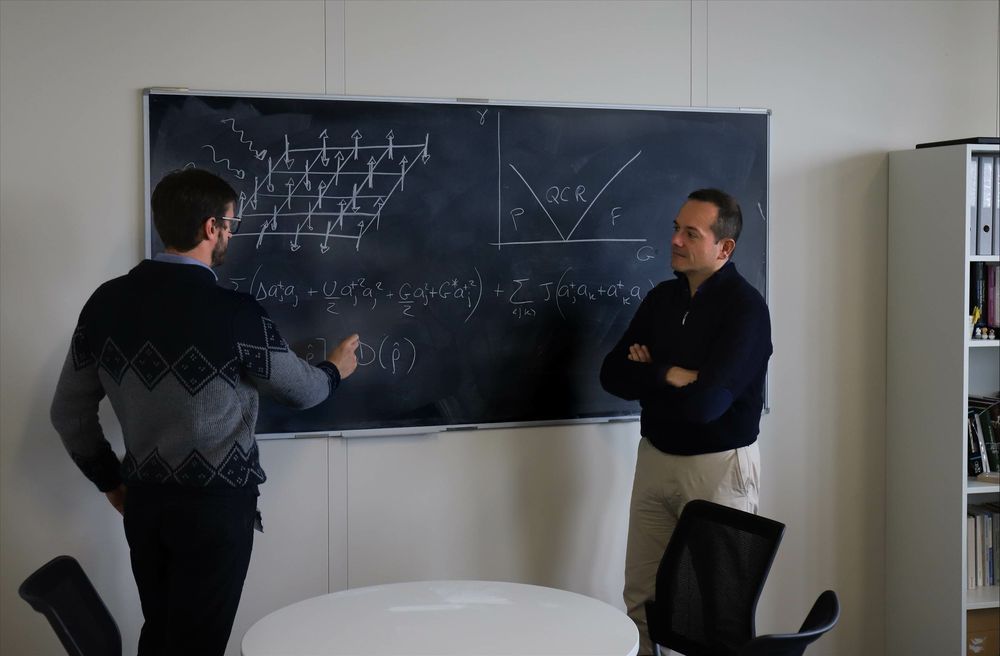
Physicists at EPFL propose a new “quantum simulator”: a laser-based device that can be used to study a wide range of quantum systems. Studying it, the researchers have found that photons can behave like magnetic dipoles at temperatures close to absolute zero, following the laws of quantum mechanics. The simple simulator can be used to better understand the properties of complex materials under such extreme conditions.
When subject to the laws of quantum mechanics, systems made of many interacting particles can display behaviour so complex that its quantitative description defies the capabilities of the most powerful computers in the world. In 1981, the visionary physicist Richard Feynman argued we can simulate such complex behavior using an artificial apparatus governed by the very same quantum laws – what has come to be known as a “quantum simulator.”
One example of a complex quantum system is that of magnets placed at really low temperatures. Close to absolute zero (−273.15 degrees Celsius), magnetic materials may undergo what is known as a “quantum phase transition.” Like a conventional phase transition (e.g. ice melting into water, or water evaporating into steam), the system still switches between two states, except that close to the transition point the system manifests quantum entanglement – the most profound feature predicted by quantum mechanics. Studying this phenomenon in real materials is an astoundingly challenging task for experimental physicists.

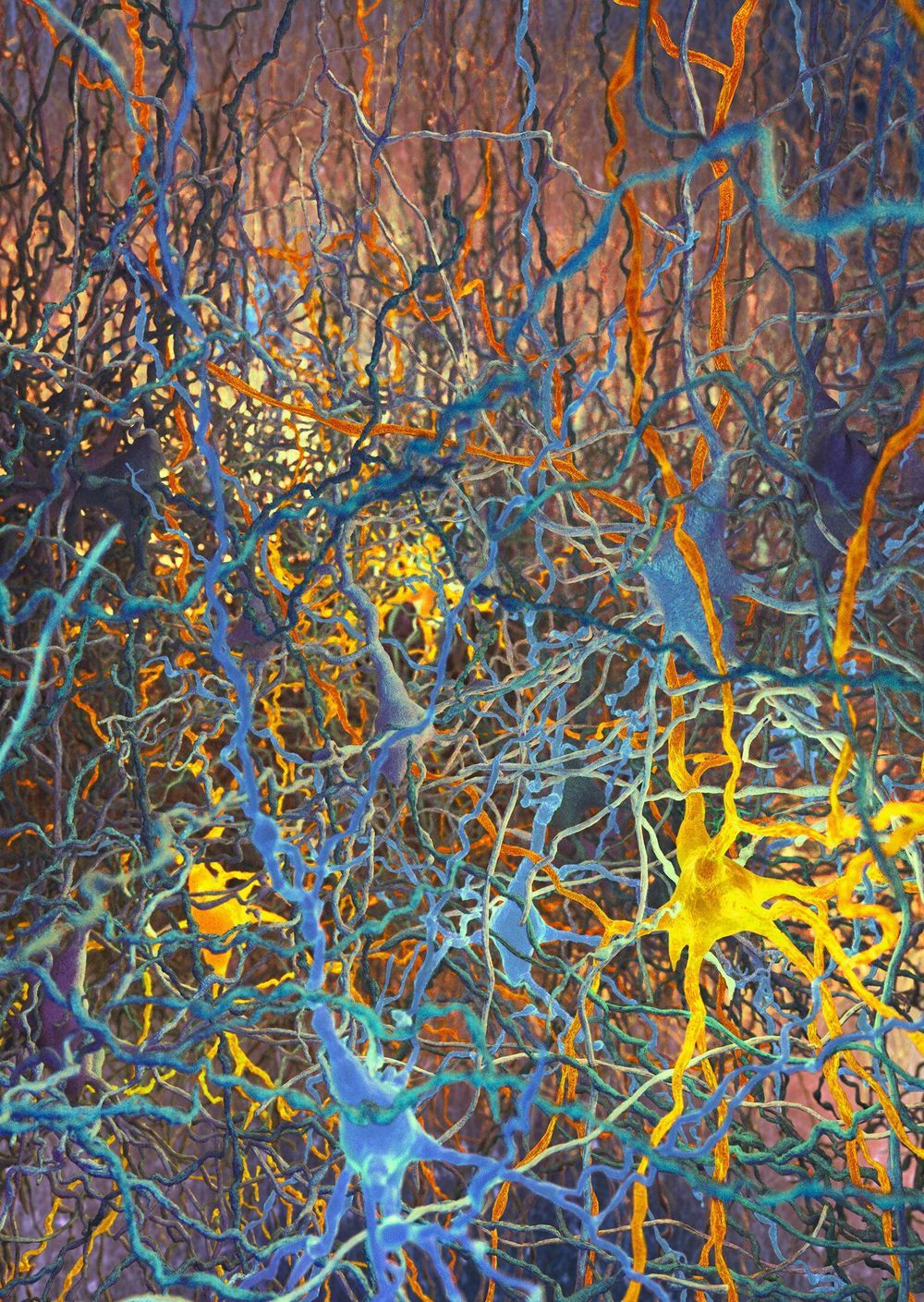
A team led by Lida Kanari now reports a new system for distinguishing cell types in the brain, an algorithmic classification method that the researchers say will benefit the entire field of neuroscience. Blue Brain founder Professor Henry Markram says, “For nearly 100 years, scientists have been trying to name cells. They have been describing them in the same way that Darwin described animals and trees. Now, the Blue Brain Project has developed a mathematical algorithm to objectively classify the shapes of the neurons in the brain. This will allow the development of a standardized taxonomy [classification of cells into distinct groups] of all cells in the brain, which will help researchers compare their data in a more reliable manner.”
The team developed an algorithm to distinguish the shapes of the most common type of neuron in the neocortex, the pyramidal cells. Pyramidal cells are distinctively tree-like cells that make up 80 percent of the neurons in the neocortex, and like antennas, collect information from other neurons in the brain. Basically, they are the redwoods of the brain forest. They are excitatory, sending waves of electrical activity through the network, as people perceive, act, and feel.
The father of modern neuroscience, Ramón y Cajal, first drew pyramidal cells over 100 years ago, observing them under a microscope. Yet up until now, scientists have not reached a consensus on the types of pyramidal neurons. Anatomists have been assigning names and debating the different types for the past century, while neuroscience has been unable to tell for sure which types of neurons are subjectively characterized. Even for visibly distinguishable neurons, there is no common ground to consistently define morphological types.
